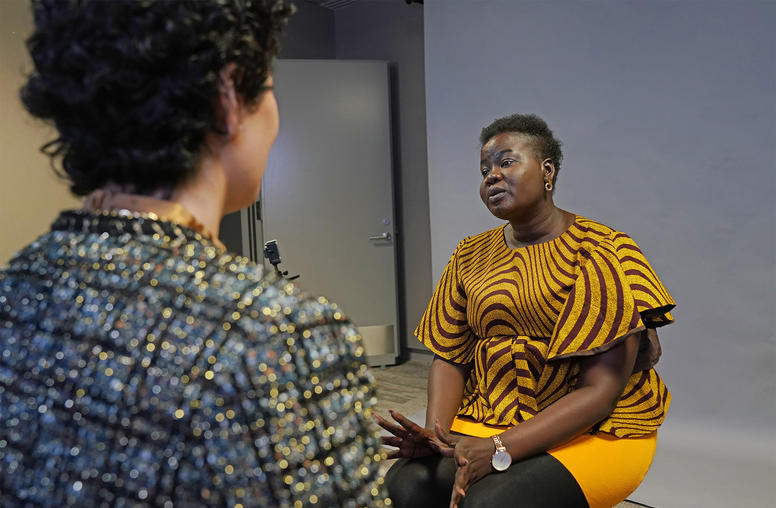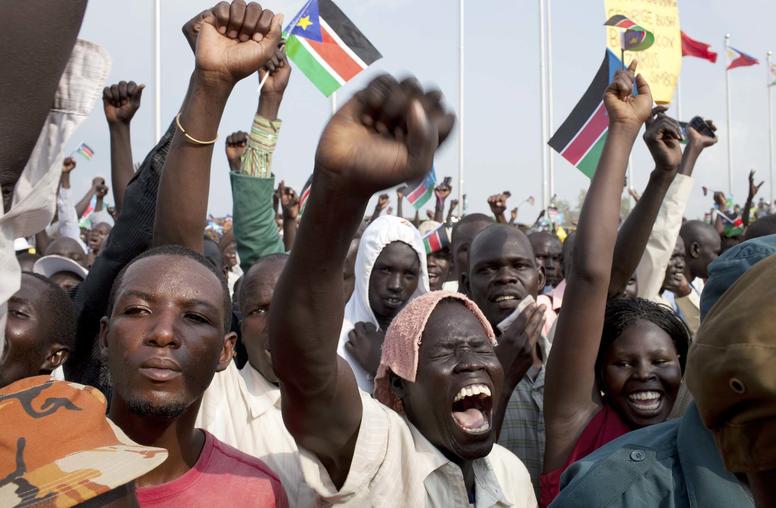Talk Peace, Vote Peace: South Sudan’s 2024 Elections
South Sudanese Civic Leaders Discuss Efforts to Address Election Violence
South Sudan’s first elections since their 2011 independence referendum are scheduled for December 2024. And while opinion polls show that South Sudanese citizens have high expectations, citizens also anticipate the election to be violent. A difficult policy choice is emerging on South Sudan: to hold elections on time without sufficient preparations or extend the transitional period and prolong the status quo.
On October 11, USIP held a discussion with four South Sudanese leaders as they shared their insights on what’s at stake ahead of the 2024 national elections, what strategies they are using to promote nonviolence across the country, and what advice they have for Washington decision-makers. Will the necessary steps be taken to allow for free, fair, credible and peaceful elections? How can risks of violence be mitigated amid heightened political competition?
Speakers
Susan Stigant, welcoming remarks
Director, Africa Center, U.S. Institute of Peace
Nyachangkuoth Tai
Managing Director, Assistance Mission for Africa
Bol Bulabek
Program Manager, Detcro
Lupai Stephen
Executive Director, I AM PEACE
Paula Itoo
Project Lead, I AM PEACE
Ola Mohajer, moderator
Senior Program Officer, Africa Center, U.S. Institute of Peace



